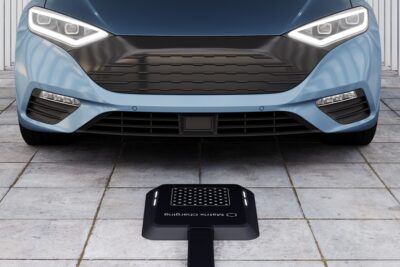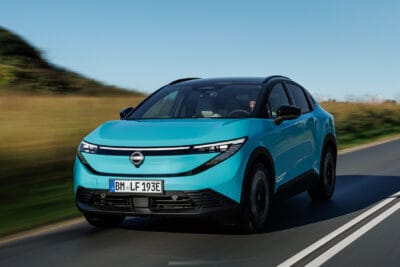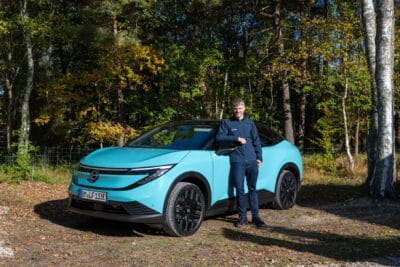Nissan, PowerHydrant, Stanford University, University of Glasgow.
Nissan to cut battery production? Nissan insiders revealed plans to gradually quit in-house battery manufacturing in the U.S. and the UK while reducing production in Japan, Reuters reports. Instead, Nissan wishes to follow Renault’s example, which sources its EV power packs cheaper from Korean LG Chem. Nissan officially denied these plans.
uk.reuters.com, electric-vehiclenews.com, green.autoblog.com (Nissan statement)
Autonomous charging: At this week’s EV Tech Expo, PowerHydrant will present its system of the same name that can plug in EVs without the driver’s assistance. A robot arm basically serves up to four electric vehicles, delivering what the company calls a “park and forget” experience.
green.autoblog.com, powerhydrant.com
Either way: A new study led by Stanford University found that fast-charging might not be as damaging for Li-ion batteries as previously thought. On the other hand, the benefits of slow charging and sensitive draining might have been overestimated too, the researchers conclude.
greencarcongress.com, sciencedaily.com
H2 production accelerated: Chemists from the University of Glasgow, Scotland, say they found a new method for hydrogen production that is supposed to be 30 times faster than current proton exchange membrane electrolysers. Their key is a so-called recyclable redox mediator.
greencarcongress.com, gla.ac.uk
– Feedback –
Most clicked Link on Monday was FIA’s Youtube video with the highlights of the first ever Formula E race in Beijing.
youtube.com





0 Comments